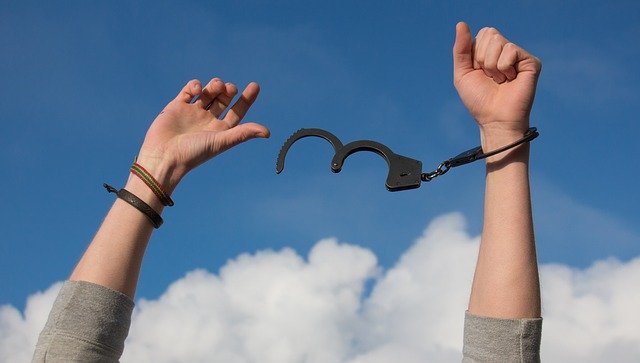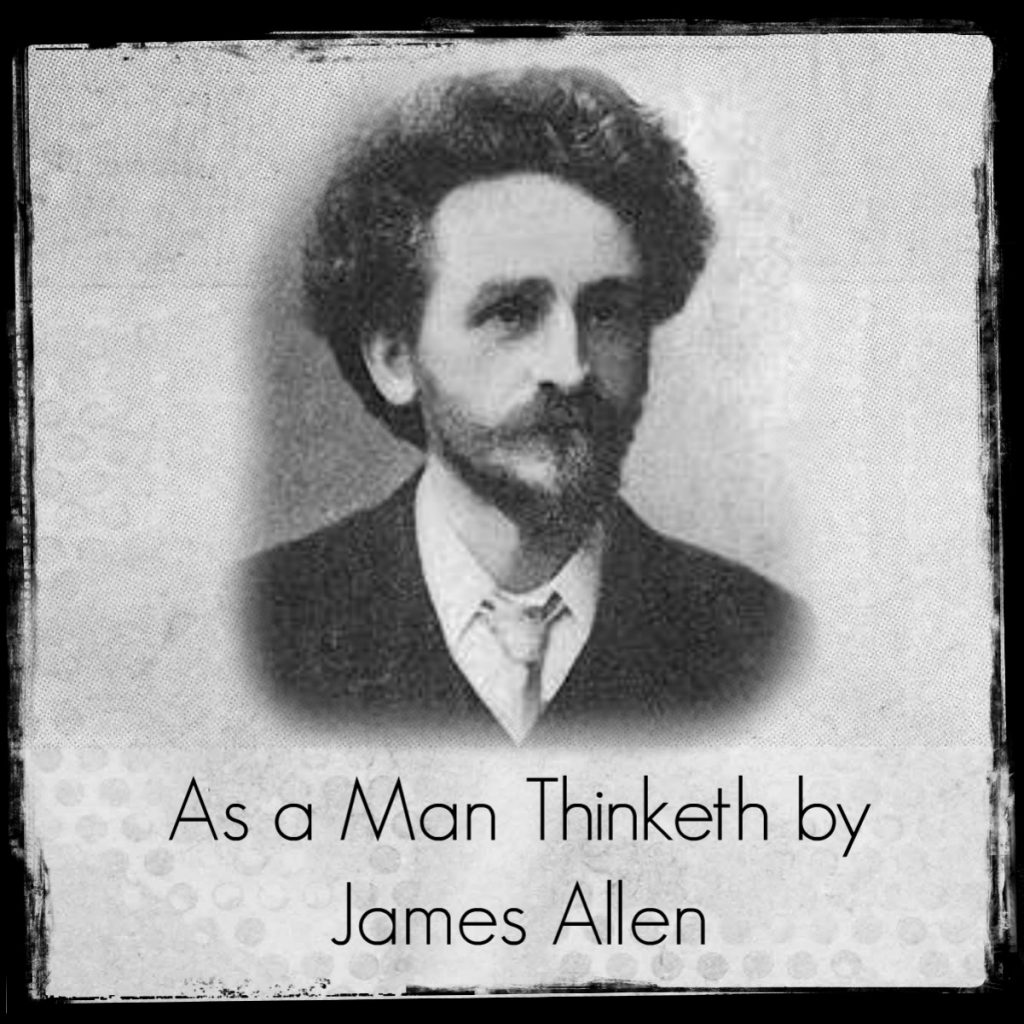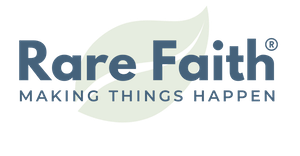
By Monica Zollinger
Sometimes it is difficult to be the person everyone expects you to be. More important, though, is becoming the person we want ourselves to be. We aspire to greatness. We want to be successful. We want to feel loved. We want to enjoy all that life offers. But have you ever had something keep you from accomplishing your goals or having what you desire in your life? Perhaps it is lack of time, lack of money, poor choices or even an addiction? One of the definitions from the Merriam-Webster dictionary for the word addiction is “a strong inclination to do, use, or indulge in something repeatedly.” This could include addictions to drugs, alcohol, pornography, food, or media use such as computers, television, and phones.
Addictions can cause harmful physical, psychological, or social effects. Some of these may include anxiety, irritability, loneliness, regret, anger, and depression. In my immediate family, we have experienced several types of addiction. The motives of why we got started encompass reasons such as social inclusiveness or stimulation or because it numbed painful feelings or helped us avoid the problems we faced. We have endured much pain and suffering because of these addictions but I know that it is possible to break free no matter how lost and hopeless you may feel. You can all experience a wonderful life of freedom and safety while enjoying love, peace, and abundance.
We lose perspective and a sense of priorities in our lives when we habitually make wrong choices because of our addictions. Sometimes it becomes such a habit that we lose the ability to make good choices. Gaining that perspective and power back starts with being honest with ourselves, whether we are forced into a situation or because we simply want something better. We must admit that we have a problem and get help to overcome it. This step will start us on the road to recovery and success.
After we admit that we have a problem, the next thing we need to overcome an addiction is desire. What do you want to accomplish? What kind of relationships do you want? Do you have a dream? Decide that your true desire is more important than your addiction. Then look for the contradictions between what you believe in and hope for, and your behavior. Are your actions getting you what you want?
Our thoughts lead to actions that become our habits. If we don’t choose to change our habits, they will define our character. Consider who you are and who you want to be. In order to change our habits, we need to decide to change our thoughts.
Self-discipline is a matter of choice. It is controlling the decision to take action on whatever it is you want to do. It is a conscious decision to choose whether to follow that impression to do something different or return to your previous habit. Self-discipline is knowing when to make one decision over another. Habits are formed and become a sub-conscious truth. When we make a conscious effort to follow our new dream instead of allowing habits to take over, we are creating a new truth. The feelings of doubt and fear will be replaced with gratitude, faith, and love.
If we do this enough, we will overcome our addictions and create our desires and dreams to achieve our true potential.
Writing is another key element in overcoming addictions. It is a powerful tool that records your thoughts and reflections. It will help you focus so you can see and understand your issues, thoughts, and behaviors. Also write down your desire or goal. Be specific. Get excited about it. Spencer W. Kimball counseled, “Write…your goings and comings, your deepest thoughts, your achievements and your failures, your associations and your triumphs, your impressions and your testimonies” (“The Angels May Quote from It,” New Era, Oct. 1975, 5).
Writing down a clear goal and recording your thoughts and impressions will help you know why you are making the choices that you do. As you become aware of why you do what you do, you can trust the thoughts that come to you about what your next step might be. Remember, it is the self-discipline of making the choices that get us what we truly want instead of letting our sub-conscious habit make the decision for us.
There was once a powerful king who taught his people through service and example. He understood that his people faced challenges that they needed to overcome. He counselled them that everything needed to be done in wisdom and order and that they should “be diligent, that they might win the prize.”
As we make the conscious choices to change our life to obtain what we truly desire and not just be led by our bad habits and addictions, we need to remember that it will take time. We need be diligent and continue to focus on what we truly desire. We must be aware of our thoughts and actions by recording them in a journal and take action on impressions and insights that come to us. Calling on a higher power through prayer, gratitude and service will give us extra strength to make the choices that will help us to achieve all that we desire and to be a better version of ourselves.
_____________
For more about the seven laws that govern prosperity, click here to read Hidden Treasures: Heaven’s Astonishing Help With Your Money Matters FREE.
To learn more about Mentor Training and our Facilitator Track for leaders, click here.
- Up, Down, or In Between? - June 24, 2019
- The Joy in Leadership - June 24, 2019
- The Ferris Wheel of Life - June 24, 2019
















